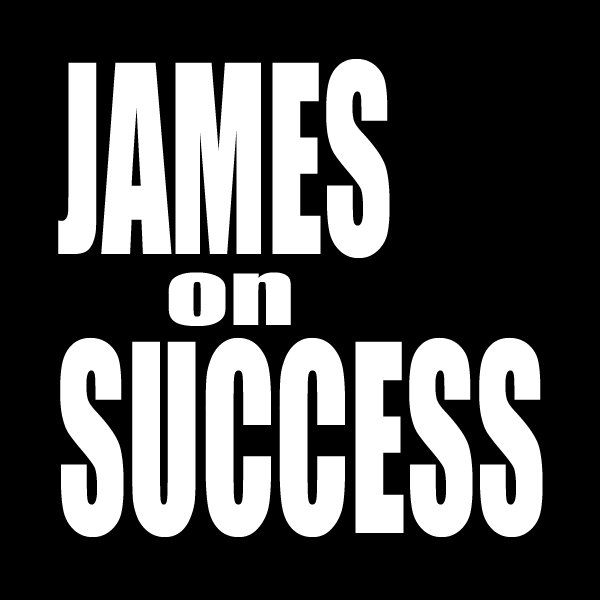
Expedition Leader: I have a plan!
Tiger: Me too.
We Have Plans!
There are all kinds of plans. There are career plans, financial plans, retirement plans, vacation plans, supper plans, and we've all experienced situations where there's been a "change of plan."
If we want to accomplish something we need a plan.
What is a Plan?
Look into the crystal ball. What do you see?
Our dream can range from super fuzzy vague to a dazzlingly clear prophetic vision where all who are around hear a chorus of angels. Yeah, I'll take that last one. Everyone is different. Not all of us have a dazzlingly clear prophetic vision of the future we want.
Either way, a plan is needed to navigate the fog and manage the complexity of a dream.
A plan is a tool that helps us get where we want to go (or think we want to go). And sometimes reminds us if we forget what we are trying to accomplish (it happens).
So, what are the components of a plan? A basic plan covers the essentials of a dream: the goal, an orderly direction, and time.
1. Goal
The first step in making your goal (dream) a reality is to write it down.
What exactly is your goal? If you can envision what you want in sufficient detail, you can obtain it. The more detail the better.
For example, if you dream of baking and maybe even turn it into a business, your dream statement might be: My dream is to utilize my skills in baking and creativity to make desserts that delight, and explore the possibility of starting a small business.
That’s a great starting point.
2. Order
There is a reason there are clearly defined achievement levels in education. The most important reason is to give you a sense of achievement. The second reason is to inspire you to go to the next level. And finally, a big goal is less overwhelming if it is broken down into a set manageable achievements.
To bring order to a long-term complex goal, we need to break it down into manageable parts. I like to break dreams down into levels of achievement, because our dreams are ultimately about self-transformation.
For example, this might be the first two levels of a baking dream.
Level 1:
Bake for friends and family.
Come up with three killer recipes.
Deliver baked treats to at least 50 dessert lovers and get feedback.
Level 2:
Enter at least two baking contests.
Sell baked goods at farmers market.
Create a simple website (newsletter) about my baking dreams.
Break your dream down into as many levels of achievement as you want. Each level should be challenging and long enough in duration to gain experience and insight. Each level should be challenging, but not overwhelming.
I'm not a fan of creating dates for accomplishing a level (but feel free to do what you want of course). For me, defining a few desired outcomes, rather than fixed dates, allows for the learning curve. Deadlines on a dream are a killer. Measuring progress by outcomes allows for maximum flexibility.
The most important date is: the date you celebrate when you achieve a level.
After you achieve a level, decide if you want to go to the next level and commit.
3. Time
How much time do you need to allocate to your dream in order for you to feel like you had a successful week? Dreams are long-term, so we need to choose a reasonable amount of time to work on our dream each week.
Think short-term and long-term. For example, two hours a week might make you feel you are actively pursuing your dream. In other words, you get a sense of satisfaction.
For the long-term view, I like to look out a year and make sure I am happy about how much time I invest. For example, two hours a week is about 104 hours a year. Does 104 hours sound like too much or too little? Keep adjusting until short-term and long-term time investments feel reasonable.
Our time is valuable. It gives us a sense of accomplishment by knowing how many hours we have invested in our dream. If I can say, I spent 500 hours last year baking brownies, it gives me a tangible sense of accomplishment. It also serves as a baseline. For example, was 500 hours easy or pushing your limit? The answer to this question will help you plan your next year.
I highly recommend logging how many hours a day/week you spend working on your dream per week. For example, I only track two things: the hours I spend (invest) on training and the hours I spend on creating. These are hours that make a difference at the end of the week, and at the end of the year.
When I was working full-time, I used my lunch break to work on my dream. I also scheduled vacation time to work on my dream (crazy huh?). This was fun because I had a whole day to relax and work on my dream. My plan (and hope) was, at some point, I could work on my dreams full-time. In the meantime, I did what I could.
Life has many demands on us, and the time we have for our dreams can vary greatly. But a dream is long-term, and it's tied to our purpose. So no matter how much time we devote to our dream, all of it has purpose.
Flexibility
Our dreams don't always obey our plans. Life has its two cents also. Even so, we need a plan. Dreams won't dream themselves into reality. Dreams need us, and we need dreams. It is said: "Any plan at all, even a bad plan, is better than none."
A plan is a starting point. No one gets a plan right on the first attempt, or the second, or third, and so on.
A plan is our first ideas on how to achieve something. As we take action and move towards our goal, we will learn and adjust.
The plan I had ten years ago doesn't look like the plan I have today. But the effect of working the plan is continuous. The effect is personal transformation, self actualization, and the evolution and refinement of knowledge, experience and taste. These continue no matter what the goal is, or how it changes.
The key is to start. And the timing should be sooner rather than later.
Finally
You own your dream. You own the plan. You are the architect and the conductor. The plan serves you. You don't serve the plan.
There are certainly more parts to a plan. We will address more ideas later. For now, defining your dream, breaking it down into levels of achievement, and allocating time are the components that make a good starting point.
A plan is a starting point.
A plan is fluid and flexible to accommodate inevitable change.
A plan offloads details we don't have to memorize.
A plan helps bring us back when we drift.
A plan helps us identify our priorities.
A plan serves us.
To your success!
James Wilder
"If you can meet with triumph and disaster and treat those two imposters just the same...You are a better man than most." -Rudyard Kipling, "If"
"If you don't design your own life plan, chances are you'll fall into someone else's plan. And guess what they have planned for you? Not much." -Jim Rohn
You don’t have to read 100+ articles on James on Success. Just read the books.


